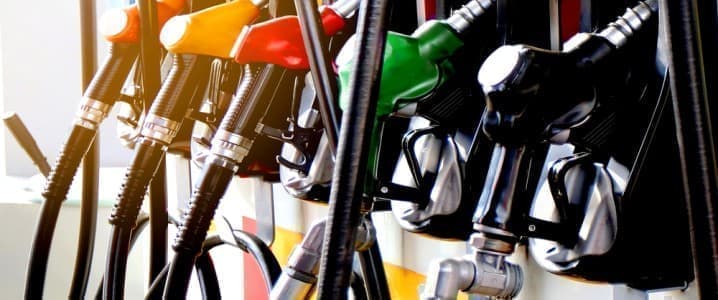Soaring electricity prices in the UK have recently made gasoline and diesel cars cheaper to use compared to electric vehicles (EVs) charged at rapid and ultra-rapid public chargers, the progress report of the UK’s Climate Change Committee (CCC) has shown.
“Sharply rising electricity prices have reduced the per-mile cost savings offered by EVs compared to fossil-fuelled vehicles,” CCC said in its 2023 progress report to Parliament.
For drivers able to charge their EVs at home, cost savings remain strong, the report showed. However, drivers reliant on public charging infrastructure now face higher costs than drivers of gasoline or diesel cars.
The higher energy prices amid the energy crisis in the UK could hinder progress in EV uptake, especially for drivers who have to rely on public rapid charging points.
The CCC report found that the UK’s EV charging network has expanded by almost one-third over the past year. However, the provision of charging points remains inconsistent across the country and there are concerns around reliability and cost.
Earlier this year, Surrey County Council and EV infrastructure company Connected Kerb announced plans to install 10,000 public EV charging points by 2030 in what would be the largest deployment of EV chargers by a UK local authority.
Surrey County and Connected Kerb will have charge points installed at more than 1,500 locations across streets and public car parks in Surrey to accelerate EV uptake in the area.
“The rate of chargepoint deployment will need to more than double in the coming year and beyond to ensure charging provision keeps pace with EV uptake,” CCC said in the report.
“This is vital – if progress is insufficient, delayed or patchy, or if cost and reliability issues present barriers to use, it could undermine public confidence in the suitability of EVs and pose a serious risk to the achievement of the 2030 phase-out of new petrol and diesel vehicles.”
By Tsvetana Paraskova for Oilprice.com
More Top Reads From Oilprice.com:
- Norway Approves $18.5 Billion Investment In Oil And Gas Projects
- Where Are Oil Prices Going? It's Complicated
- Energy Regulator Claims Canadian Oil Production Will Plunge 76% By 2050


















